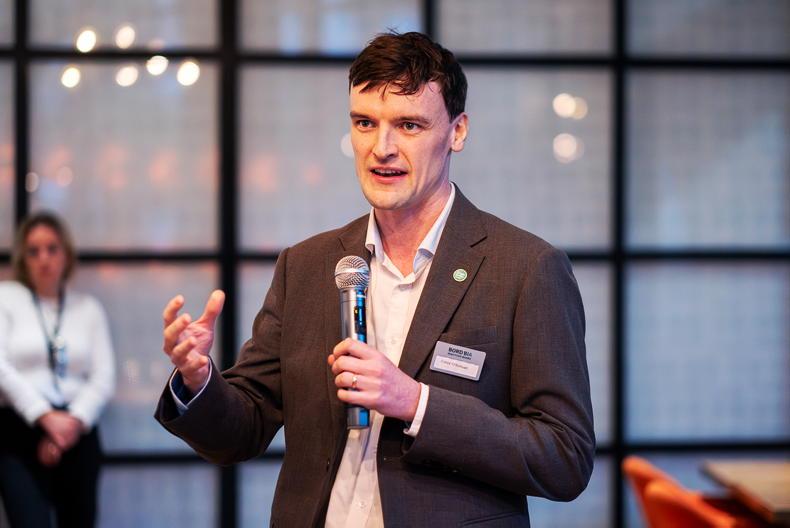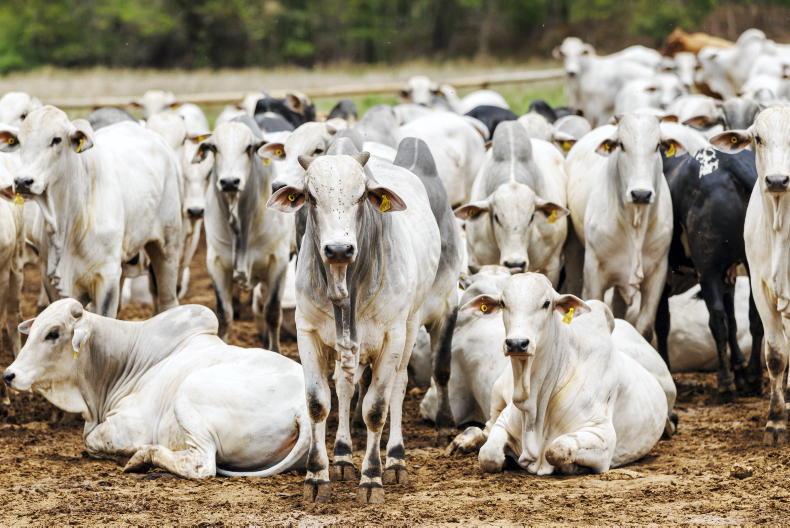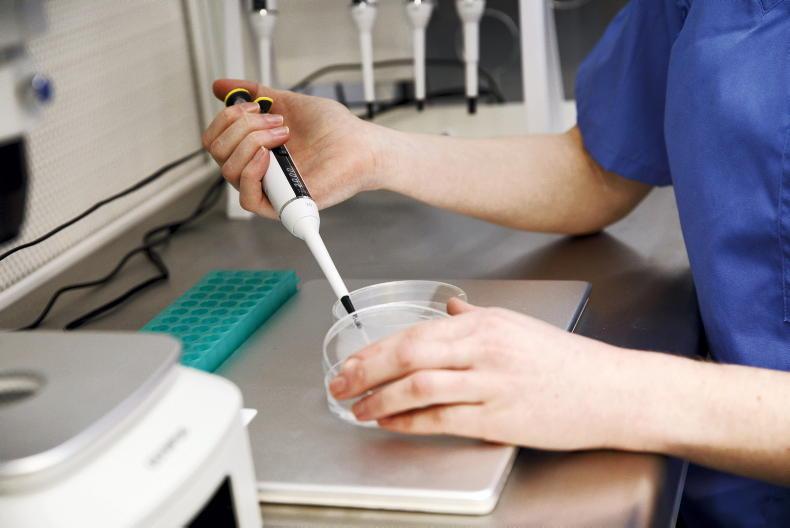After months of speculation, the European Commissioner for Budget and Human Resources announced this week that €365bn will be provided for the Common Agriculture Policy (CAP) in the next multi-annual financial framework (MFF) or budget period which is scheduled to run from 2020 to 2027.
This represents a cut to the agriculture budget of 5% on the current MFF, which began in 2014 and runs until 2020.
Both the Commissioner for Budget and Human Resources Günther Oettinger and Commissioner for Agriculture Phil Hogan have been preparing the ground for announcing a cut to the CAP budget in the absence of member countries agreeing to increase their contributions.
Listen to Commissioner Hogan in our podcast below:
Numbers as high as 30% for cuts in the CAP budget were floated, which of course makes the 5% appear much more palatable. Indeed the lowest figure that had been suggested previously was a 6% cut, so a 5% overall cut (with direct payment cuts restricted to 4%), means the Commissioner will say he made the best of a difficult situation.
However, the reality for farmers is that this is another CAP budget that means farmers will get less payments than before and that is without factoring in inflation.
The next CAP will retain the two-pillar model but there will be a cut of 10% in the EU contribution to co-funded rural development projects. These were estimated to be almost €4b during the present CAP so that would mean that in the post-2020 programmes the Irish Government would have to stump up a further 10% of the expenditure under co-financed programmes.
The Commissioner for Agriculture has confirmed that it is his intention to limit payment amounts to individual farmers, with €60,000 suggested as a ceiling and the member state allowed to redistribute savings to smaller and medium-sized farmers. In Ireland, the vast majority of farmers are receiving less than this anyway, with just 3% getting over €100,000 and just under 10% receiving between 50,000 and 100,000.
Member states can distribute savings from the €60,000 payments ceiling to small and medium sized farmers. Commissioner Hogan told the Irish Farmers Journal that this should mean the average Irish farmer with 40ha will have little if indeed any cut at all.
Another option offered to limit what individual farm businesses get is degressive payments decreasing with farm size.
It is also planned that direct payment per hectare will continue to converge towards the EU average, though there are no further details on how this might be achieved. What is very clear in the budget documentation is that the role for member states in delivering the CAP will be increased, with the EU setting the strategic direction, approving member state plans and then leaving them to get on with it. This means the big battles will be more likely to take place in Dublin than in Brussels.
In all of the communication to date, enhanced environment has been flagged as a necessity of the CAP post 2020 and the budget is clear in saying “direct payments will be subject to enhanced conditionality that will apply to all beneficiaries. Voluntary eco-schemes will be introduced in the budget for direct payments” – this appears as a separate line of funding that goes alongside a fund that is targeted towards young farmers.
There is also an intention to create “a new crisis reserve” to address crises caused by unforeseeable developments in international markets or by specific shocks to the agricultural sector following actions undertaken by countries outside the EU. Obviously events like the closure of the Russian market in 2014 would be covered here. Similarly, the EU will be looking to support risk management tools and will be looking to the strategic plans to provide income stabilisation measures.
In addition to the €365bn CAP budget, there will be a €10bn Horizon fund for research and innovation in food, agriculture, rural development and the bio economy.
For the duration of his time as Agriculture Commissioner, Phil Hogan has been a consistent advocate for a well-funded CAP and the importance of farmers as providers of food and guardians of the countryside including being the boots on the ground that deliver enhanced environmental performance.
He was unlucky that Brexit should happen on his watch, taking around €12bn with it from the budget, especially when this coincides with an expectation for the EU to do more in the areas of defence and addressing the migration issue.
New priorities and less money were always going to put pressure on the big core areas of expenditure and the CAP and Cohesion funds which have served Ireland well in the past were always going to be under pressure.
Case fought
Farmers will be disappointed but the Commissioner will say he fought the case and limited the damage.
What really needs to happen is that member states decide to properly invest in the EU project at this time when it faces the Brexit consequences.
More contributions are needed to deliver the new ambitions and sustain existing worthwhile programmes, of which the CAP is the best example. The debate shouldn’t conclude here and if by some chance the UK remains involved and contributing beyond the proposed transition period, that should be reflected in enhancing the CAP budget as well.
These budget proposals for the next MFF should be seen as the starting point of negotiation, not the end.









SHARING OPTIONS